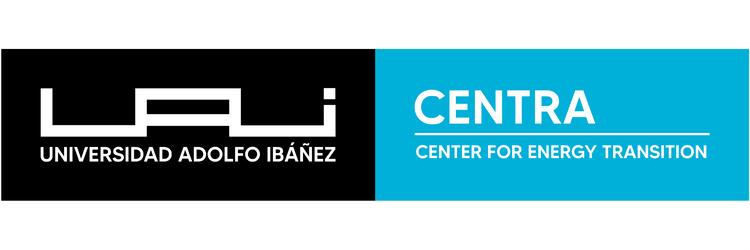Talent Shortage in Renewable Energy: An Invisible Obstacle for Chile’s Projects
May 30, 2025
The local development of solar, wind, storage, and green hydrogen energy currently faces an obstacle: there are few professionals specialized in this field, and the training offered is incipient.
The increase in demand for renewable energy development and the adoption of new technologies in the country has revealed a shortage of professionals specialized in this field.
This reality “is primarily affecting emerging technologies such as green hydrogen, where the training offered is still incipient and few centers have adequate laboratories,” says Daniel Olivares, director of Civil Engineering in Energy at Adolfo Ibáñez University and researcher at the Center for Energy Transition at the same university. In technologies such as wind and solar, “the gap is smaller,” he asserts, although he notes that there remains a need for more integrated profiles with a systemic vision.
For Natalia Martini, Director of Talent and Work Capabilities at CircularHR at Fundación Chile, the shortage of talent in renewable energy “represents a significant obstacle to the advancement of projects in key sectors such as solar, wind, energy storage, and green hydrogen,” and warns that this negatively impacts various stages, from project planning to operation and maintenance. “In particular, the high turnover of professionals, with an average tenure of just 1.2 years in the sector, hampers the continuity and stability of work teams,” says Martini. Furthermore, she asserts that the growing participation of multinational companies “has raised and diversified skill requirements,” further limiting the availability of qualified personnel.
Opportunities
In response to this scenario, both companies and academia have begun implementing strategies “to strengthen the training of new professionals and train existing ones, especially in key technical roles for the energy transition,” says Alejandro Cabezas, Senior Manager of Michael Page’s Energy Division. In his opinion, although the country has a limited number of specialists in this area, today it has “more qualified professionals with greater technical knowledge,” which allows it not only to face this transition more solidly, but also to position itself as a benchmark for other emerging markets.
An example of this is the implementation, in 2023 and 2024, of three training programs for competitiveness in the field of green hydrogen, promoted by Corfo in coordination with the Strategic Committee for the Green Hydrogen Action Plan. These programs offered specialized courses in wind, solar photovoltaic, and environmental assessment technologies. Data provided by Corfo show that, although some of them are still under development or closed, to date, the courses on the operation and maintenance of solar plants and the installation and assembly of wind farms have a total of 99 and 103 graduates, respectively.

